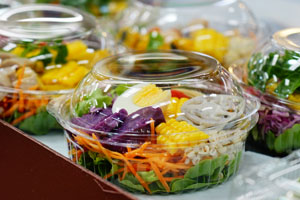

June 23 2022

Conducting Trials at a Cast Film Biaxial Orientating Laboratory to Achieve Desired Properties for Sustainable Plastics
Currently, there is an increase in awareness in our society regarding the negative effect of plastic waste on our environment. One solution to this legitimate and very complex problem is the use of biodegradable polymers based on renewable organic materials of biological origin, such as PLA and PHA. However, for these types of biodegradable polymers to be used as a viable alternative, they must achieve or at least approximate the properties of commodity polymers. Many researchers have turned to stretching processes, or orientation, and specifically biaxial orientation, to achieve the desired properties in film and sheet. However, not all orientation processes deliver the same results in attempting to achieve those essential properties.
There are multiple methods to produce sustainable bio-based plastics, including injection molding, blow molding, thermoforming, and blown film. Most of these methods offer varying degrees of orientation to modify the properties to make the polymers more suitable for a particular application, such as food packaging, which is the leading global production usage of all plastics materials. However, cast film extrusion with biax orientation has been proven to provide the most benefit.
Cast film extrusion uses a slot die to continuously extrude onto a cast roll, after which the cast film is continuously oriented, first in the longitudinal (machine) direction and then oriented in the cross (material width) direction. The combination of these two stretching processes results in a film that is biaxially oriented. Since the film is extruded on a flat plane, the material can be heated and stretched at higher ratios with less shrinkage, offering the following benefits compared to other orientation processes:
Research and development teams continue to work on viable alternatives to commodity polymers and rely on research facilities to test their blends. At Parkinson Technologies’ headquarters in Woonsocket, RI, resides a plastics orientation laboratory, providing a convenient and confidential environment for polymer extrusion and orientation work on a full-scale pilot line capable of producing oriented product up to 2-meters wide. Researchers can conduct product and process development trials, produce samples for test marketing, and conduct semi-production runs. The lab not only offers a means to conduct trials on sustainable plastics (PLA & PHA) but also engineering thermoplastics (PA, PET, & PETG), high-temp resistant thermoplastics (PTFE, PVDF, & PEEK), and commodity thermoplastics (PE, PP, & PS).
The plastics orientation lab also provides the means to conduct property testing to support trial activities. Testing equipment includes haze, clarity and transmission measurement, Gurley Densometer for porosity testing, shrinkage baths and ovens, and tensile testing machinery. An optical microscope with digital imaging for layer thickness measurement and surface defect analysis is also available.
For more information regarding the Parkinson Technologies plastics orientation lab, please fill out the form below.